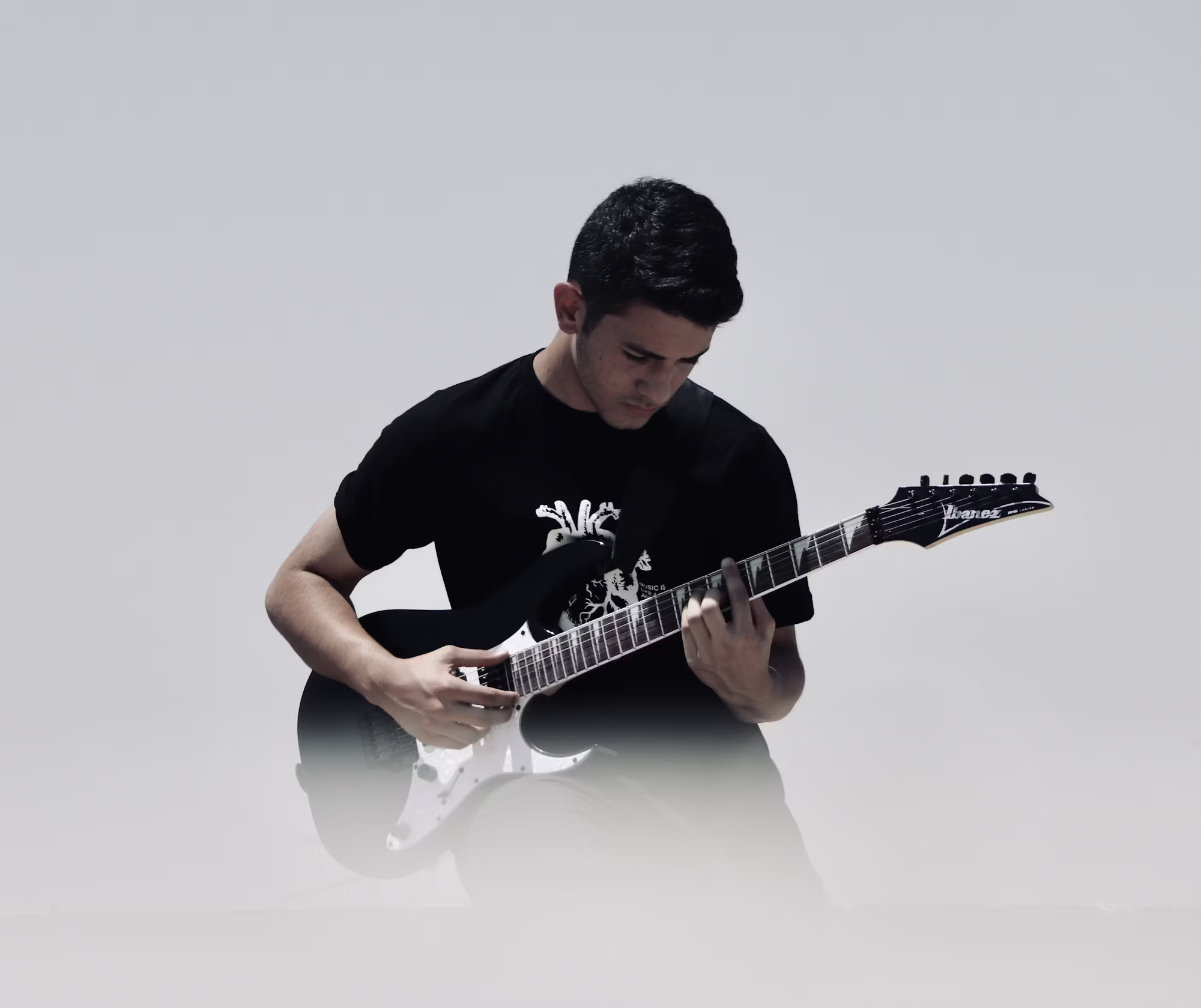Music festivals have become an integral part of the global music scene, offering fans unique experiences that celebrate their favorite artists and genres. From small local gatherings to massive international events, these festivals provide a platform for musical expression and cultural exchange. This article delves into the evolution of music festivals, tracing their roots, examining their cultural significance, and exploring how they continue to shape the music industry today.
The history of music festivals dates back centuries, with roots in ancient celebrations and communal gatherings. Early music festivals often coincided with religious or seasonal events, where music played a central role in rituals and celebrations. Over time, these gatherings evolved, paving the way for the modern music festival format we recognize today.
The 20th century marked a significant turning point in the evolution of music festivals. The iconic Woodstock Festival in 1969 is perhaps the most famous example, symbolizing the counterculture movement and the desire for peace and unity during a tumultuous time in history. Attracting nearly half a million attendees, Woodstock set the stage for future festivals, emphasizing the power of music to bring people together and create lasting memories.
Following Woodstock, music festivals began to proliferate across the globe, reflecting a diverse array of musical genres and cultural influences. Events like Glastonbury in the UK, Coachella in the US, and Lollapalooza in Chicago became cultural landmarks, attracting top-tier artists and audiences eager to celebrate their shared love for music. These festivals not only showcased popular acts but also provided a platform for emerging artists, helping to launch countless careers.
One of the defining characteristics of modern music festivals is their emphasis on community and inclusivity. Festivals often serve as safe spaces for individuals to express themselves, connect with others, and celebrate their identities. The atmosphere of camaraderie and shared experience fosters a sense of belonging that resonates deeply with attendees. This communal aspect is particularly evident in festivals that celebrate specific genres or cultural traditions, such as jazz, folk, or electronic music.
In recent years, the rise of electronic dance music (EDM) has transformed the landscape of music festivals. Events like Tomorrowland and Ultra Music Festival have drawn massive crowds, showcasing the energy and excitement of live DJ performances. These festivals have not only popularized EDM but have also created a subculture around festival experiences, with vibrant visuals, elaborate stage designs, and immersive environments that enhance the overall experience.
Another significant trend in the festival scene is the increasing focus on sustainability and social responsibility. As the impact of climate change and environmental issues becomes more pronounced, many festivals are taking steps to minimize their ecological footprint. Initiatives such as waste reduction programs, eco-friendly transportation options, and partnerships with local organizations reflect a growing awareness of the responsibility festival organizers have toward the environment and the communities they serve.
The COVID-19 pandemic profoundly impacted the music festival industry, leading to widespread cancellations and a temporary halt to live events. However, the resilience of the festival community shone through as many organizers adapted by embracing virtual events. Online festivals emerged, allowing artists to perform remotely while fans enjoyed the music from the safety of their homes. This shift highlighted the importance of creativity and innovation in overcoming challenges, ensuring that the spirit of celebration and connection continued despite the circumstances.
As we move forward, the future of music festivals looks promising, with a renewed focus on hybrid models that blend in-person and virtual experiences. This evolution allows for greater accessibility, enabling fans who may not be able to attend in person to participate in the festivities from anywhere in the world. The blending of technology with live music experiences opens up new avenues for artists and fans alike, ensuring that the magic of music festivals remains alive and well.
Moreover, music festivals play a crucial role in promoting cultural exchange and understanding. By featuring artists from diverse backgrounds and genres, festivals create opportunities for attendees to explore new musical traditions and connect with different cultures. This cross-pollination of ideas and sounds enriches the overall experience, fostering appreciation for the global tapestry of music.
In conclusion, music festivals are more than just events; they are celebrations of community, culture, and creativity. From their historical roots to their modern-day manifestations, festivals have the power to unite people, promote inclusivity, and inspire future generations of musicians and fans. As the landscape continues to evolve, the enduring spirit of music festivals will remain a testament to the transformative power of music in our lives. Embracing diversity, sustainability, and innovation will be essential in shaping the future of these beloved gatherings, ensuring they continue to thrive for years to come.
